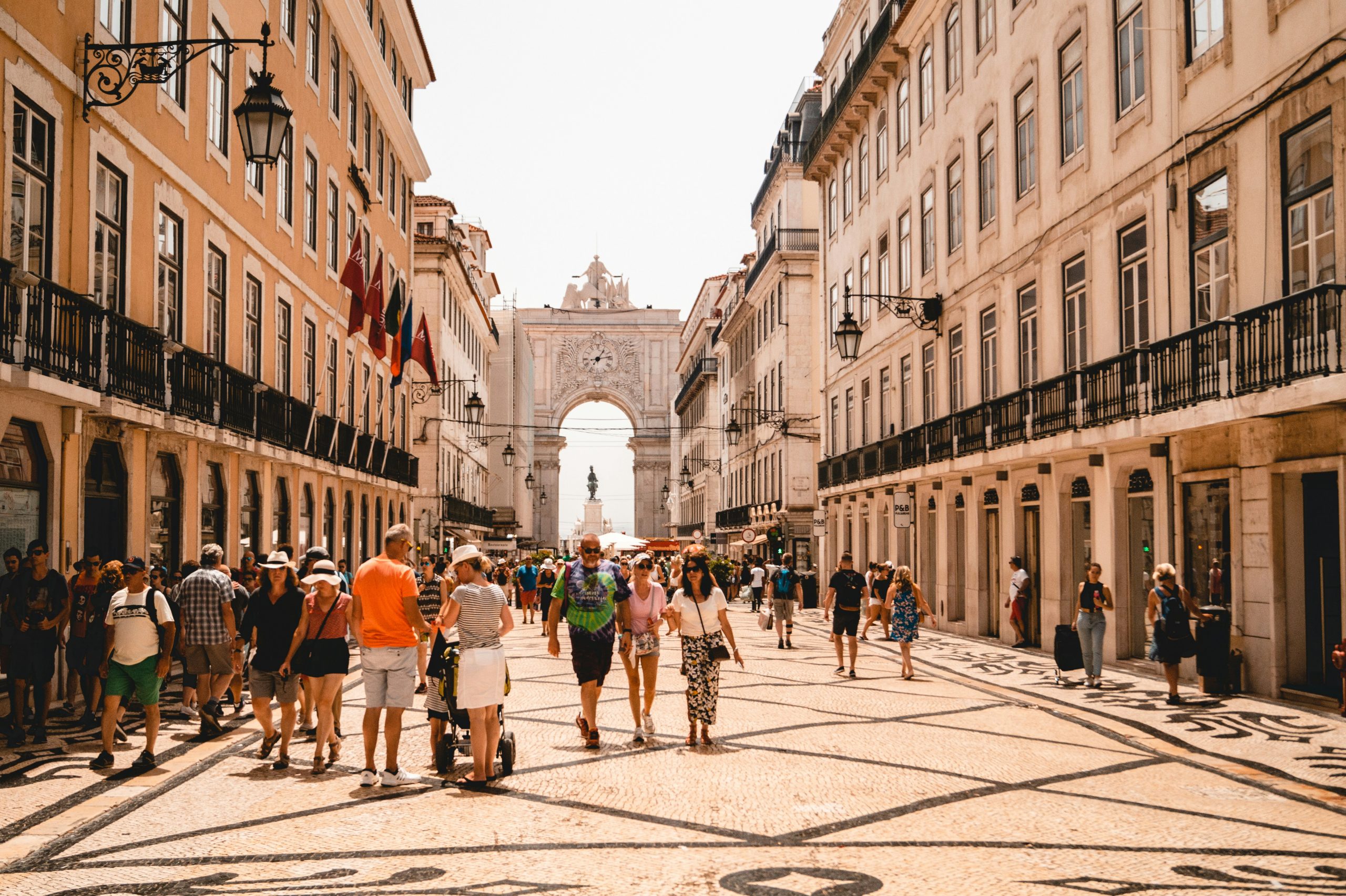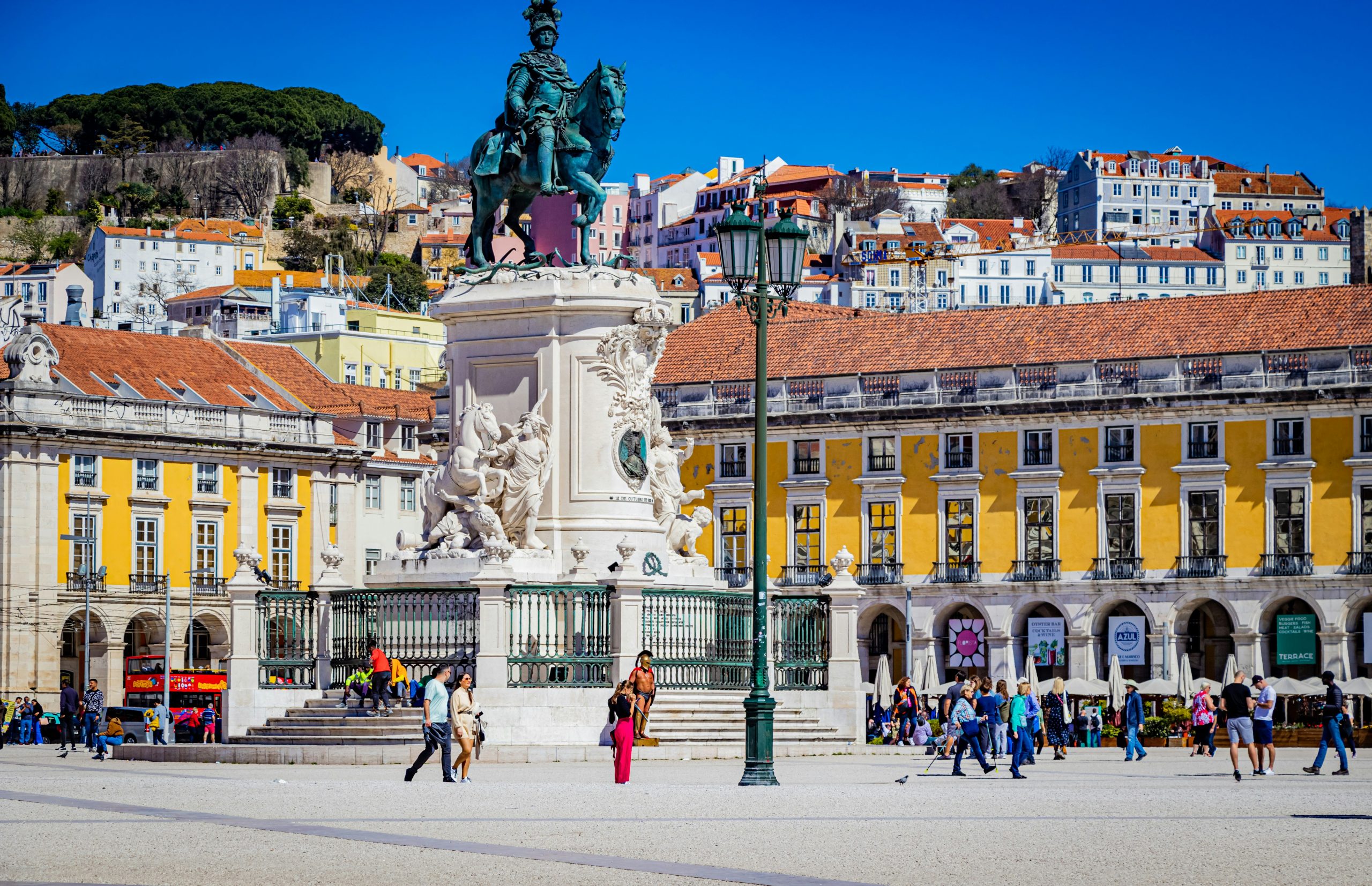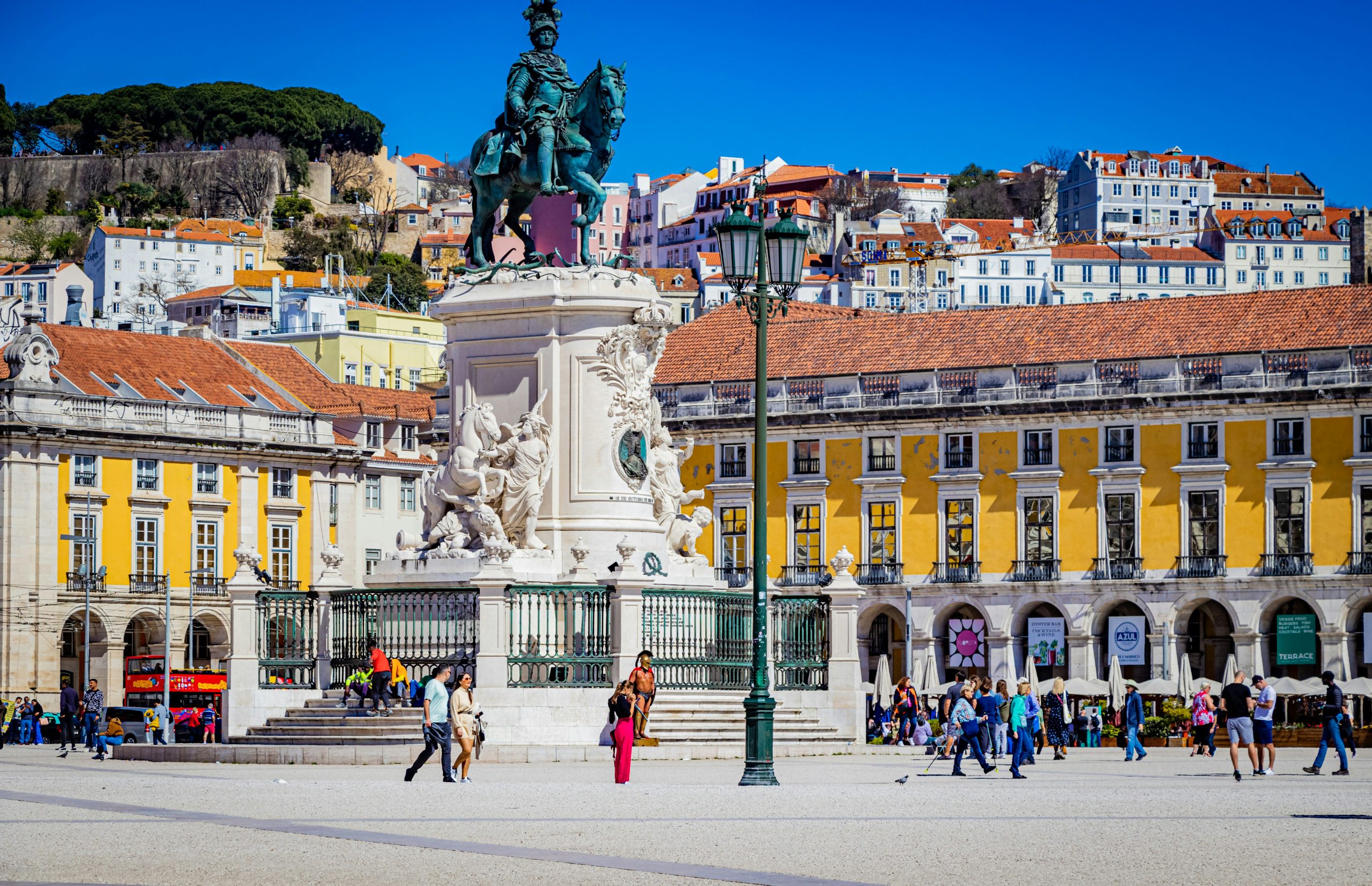For global investors, the appeal of Portugal’s Golden Visa extends beyond residency. The ultimate goal is often citizenship — a Portuguese passport that unlocks European Union rights, Schengen mobility, and long-term security for families. Portugal is unusual in offering a citizenship track after only five years of legal residence, one of the shortest timelines in the EU.
Since October 2023, Golden Visa eligibility is limited to regulated fund subscriptions, cultural heritage donations, scientific research contributions, or business/job creation routes. Real estate is no longer a qualifying option.
This article explains how investors can move from residency to citizenship under the Golden Visa framework, what conditions must be met, and what practical steps help ensure success.
Portugal Golden Visa to Citizenship: Why the Five-Year Rule Matters
Most European citizenship-by-investment routes are either closed or require ten years or more of residence. Portugal’s five-year track is therefore unique. It gives investors:
- A faster path to full EU citizenship.
- Continuity without permanent relocation.
- Security for future generations.
Compared with countries such as Italy (ten years), or Greece (seven years), Portugal’s shorter timeline has been one of the program’s most consistent advantages.
Understanding Legal Residence under the Golden Visa
The five-year clock starts on the date the first residence permit is issued by AIMA (Agência para a Integração, Migrações e Asilo). Permit validity typically follows a 2 + 2 + 2 pattern:
- Years 0–2: initial card (two years)
- Years 2–4: first renewal (two years)
- Years 4–6: second renewal (two years)
Investors can apply for nationality once they complete five years of legal residence, provided other requirements are met. The application does not require waiting until the end of the final card’s validity.
Minimum Stay Requirements
A key advantage of the Golden Visa is the minimal physical presence requirement. Investors must spend only:
- 7 days in the first year, and
- 14 days in each subsequent two-year period.
In practice, this means fewer than 35 days over the full five years. For globally mobile families, this is far less disruptive than residency regimes in countries that demand full relocation.
Language Requirement: The A2 Exam
The most important condition for citizenship is basic Portuguese language proficiency. Applicants must pass an A2-level exam (CEFR framework).
The exam is not designed to be difficult, but it does require preparation. Candidates are tested on:
- Understanding short, everyday conversations.
- Writing and reading simple texts.
- Speaking basic Portuguese confidently.
For families, children often pick up the language through schooling. For adults, structured courses, online or in-person, are strongly recommended.
Other Citizenship Criteria
Alongside residence and language, citizenship applicants must show:
- Clean criminal record in Portugal and home country.
- Proof of integration, usually demonstrated by tax compliance and ties to the country.
- Continuous residence with renewals up to date.
The Citizenship Application Process
Once the five-year residence period is complete, applicants may submit their nationality request to the Conservatória dos Registos Centrais. The process typically involves:
- Collecting updated civil documents (birth, marriage certificates).
- Providing residence card copies and proof of renewal history.
- Evidence of language exam completion.
- Police clearances and tax compliance certificates.
Processing often runs 12–24 months. While the legal minimum is five years, delays at AIMA and the nationality services mean most successful applicants obtain citizenship in year six, seven, or even eight.
Generational Benefits
Citizenship by naturalization does not only apply to the main investor. It extends across families, creating a legacy that reshapes opportunity for future generations.
As explored in The Citizenship Inheritance: How Golden Visa Decisions Echo Across Generations, the decision to pursue citizenship can provide children and grandchildren with EU rights in education, work, and free movement for decades to come.
Strategic Value for Investors
For investors, the Golden Visa is not just about mobility. The true value emerges when viewed through the lens of citizenship:
- Portfolio diversification through regulated Portuguese funds.
- Family resilience and long-term security.
- Tax planning flexibility through access to residence and EU treaties.
For more on this approach, see Beyond the Investment: How to Calculate the Real Value of European Residency.
Common Misconceptions
Several myths persist around the Portugal Golden Visa to citizenship route:
- “You must live full-time in Portugal.” False — the stay requirement is minimal.
- “Citizenship is automatic at five years.” False — an application must be filed, and requirements must be met.
- “The program guarantees citizenship.” False — the government has the right to reject applications that fail compliance or language standards.
Preparing Early: Practical Steps
Investors who begin preparing at the start of the five-year journey are better positioned for success. Recommended steps include:
- Enrolling in Portuguese classes early.
- Keeping documentation current.
- Planning liquidity for renewals, fees, and compliance.
- Ensuring all dependents maintain compliance, as gaps can cause delays.
Long-Term Perspective
Portugal’s Golden Visa has always been more than a residency tool. By aligning it with citizenship, investors secure continuity and resilience for themselves and their heirs.
The five-year rule is not merely an administrative detail. It is the hinge between short-term residency and full European citizenship.
FAQs on Portugal Golden Visa to Citizenship
How long does it take to get citizenship in Portugal with a Golden Visa?
Investors can apply for Portuguese citizenship after five years of legal residence under the Golden Visa. As of September 2025, the government has proposed extending this to ten years (seven for CPLP nationals), but this change has not yet been passed into law. In practice, due to delays, most approvals arrive in year six to eight.
Do I need to live full-time in Portugal to qualify for citizenship?
No. Golden Visa holders are only required to spend 7 days in the first year and 14 days in each subsequent two-year period. This makes the program particularly attractive for investors with global obligations.
What level of Portuguese is required for citizenship?
Applicants must pass an A2 Portuguese language test, which proves basic ability in reading, writing, listening, and speaking. With consistent study, most applicants can achieve this level comfortably.
Can my family members also obtain citizenship?
Yes. Dependents included in the Golden Visa application, such as spouses, minor children, and in some cases dependent parents, can follow the same five-year track to citizenship.
What happens if the citizenship timeline changes to ten years?
If Parliament enacts the proposed law, transitional provisions will determine whether current applicants are grandfathered under the five-year rule. Investors should monitor developments closely and maintain compliance to preserve eligibility.
How long does the nationality application itself take?
Processing can take 12–24 months once submitted. This means successful applicants often receive citizenship approval in year six or seven.
What happens if my residence card expires during the nationality process?
You must keep your Golden Visa residence permit valid until nationality is formally granted. Renewals continue as normal, even while your nationality application is pending.
Can I apply for permanent residence instead of citizenship?
Yes. At the five-year mark, applicants can choose to apply for permanent residence instead of nationality. Permanent residence offers stability but does not grant an EU passport or full citizenship rights.
Does Portugal allow dual citizenship?
Yes. Portugal permits dual citizenship, meaning investors do not need to renounce their original nationality to become Portuguese citizens.
Conclusion
The Portugal Golden Visa to citizenship pathway remains one of Europe’s most appealing routes for international investors. With a five-year residence track, limited stay obligations, and a realistic language requirement, it provides a clear and structured bridge to EU nationality.
However, delays at AIMA and in the nationality services mean the practical timeline is often six to eight years. In addition, the government has proposed extending the naturalization period to ten years, though this has not yet become law. Investors should prepare with these uncertainties in mind.
For families, the implications extend across generations. For investors, the pathway represents a careful allocation of both capital and legacy.
Understanding the requirements from the outset is essential. With preparation and compliance, the five-year timeline is achievable, though in practice it often extends further.
Why Work with Portugal Panorama
Navigating the path from residency to citizenship in Portugal requires more than meeting the basic requirements. It demands clear planning, careful fund selection, and ongoing compliance over several years. At Portugal Panorama, we combine regulatory insight with access to CMVM-supervised funds to guide investors through each stage. For families and individuals seeking both certainty and long-term value, we provide the clarity and structure needed to make the five-year journey a success.
Learn more at Portugal Panorama or contact us directly to discuss your plans.





